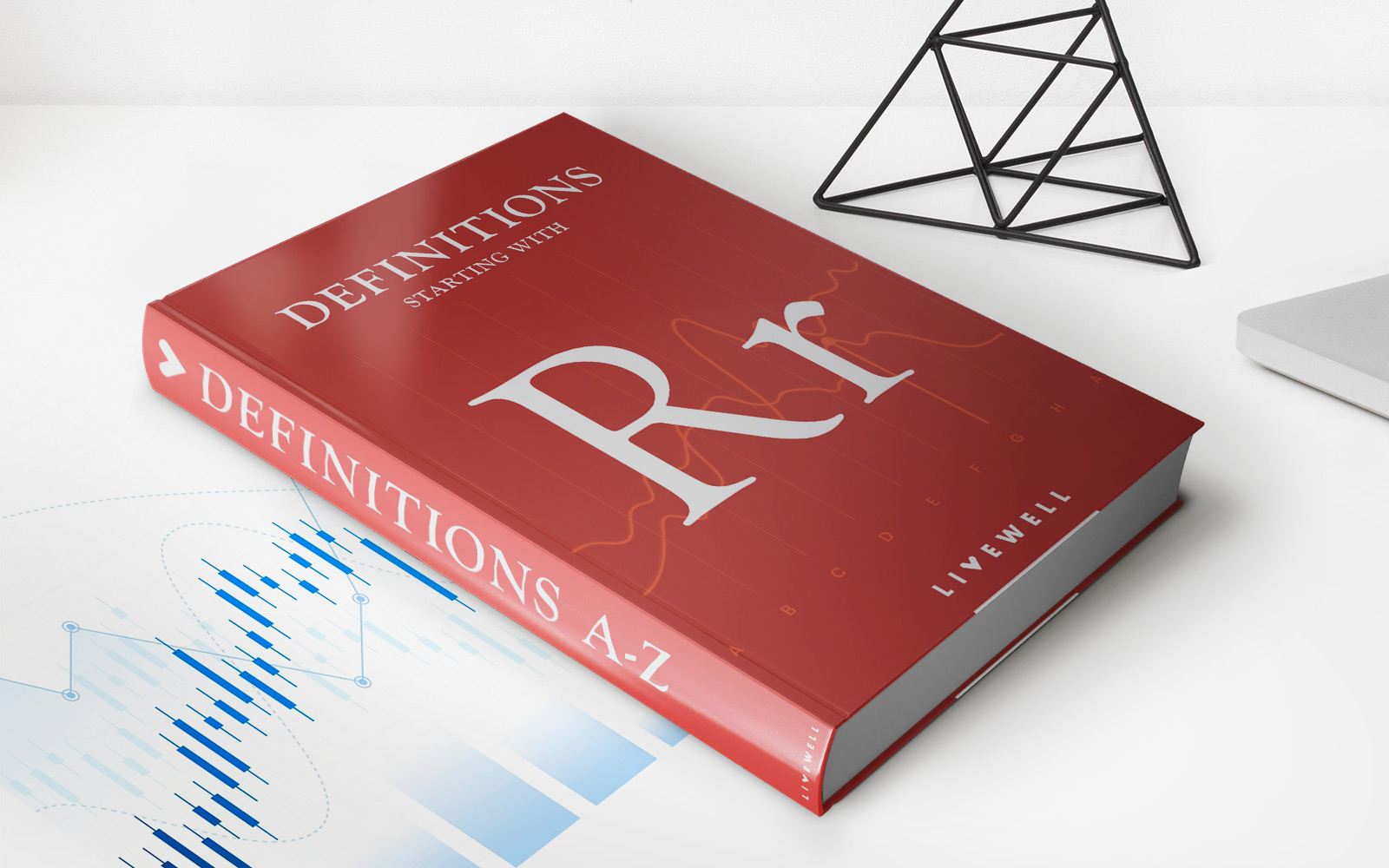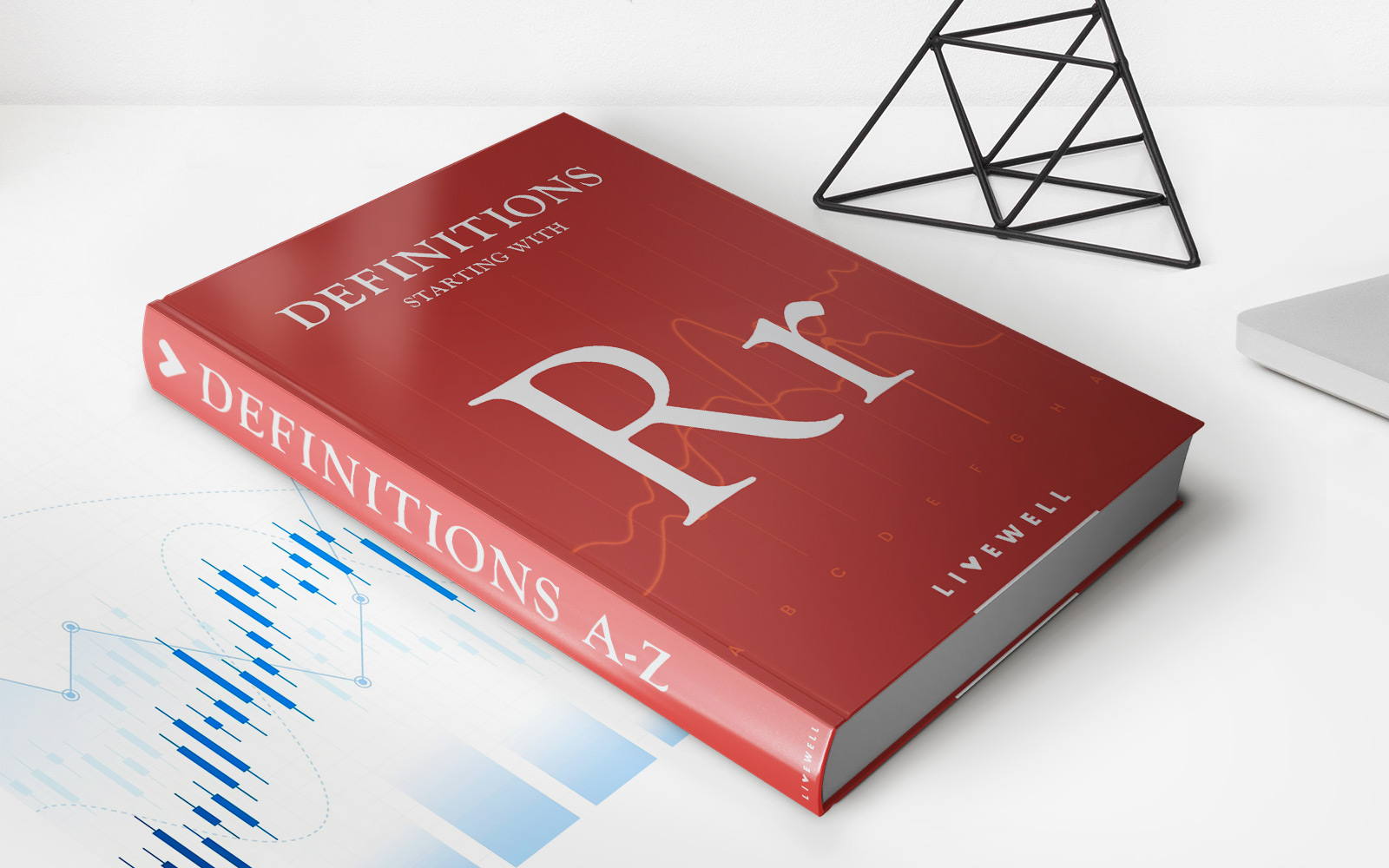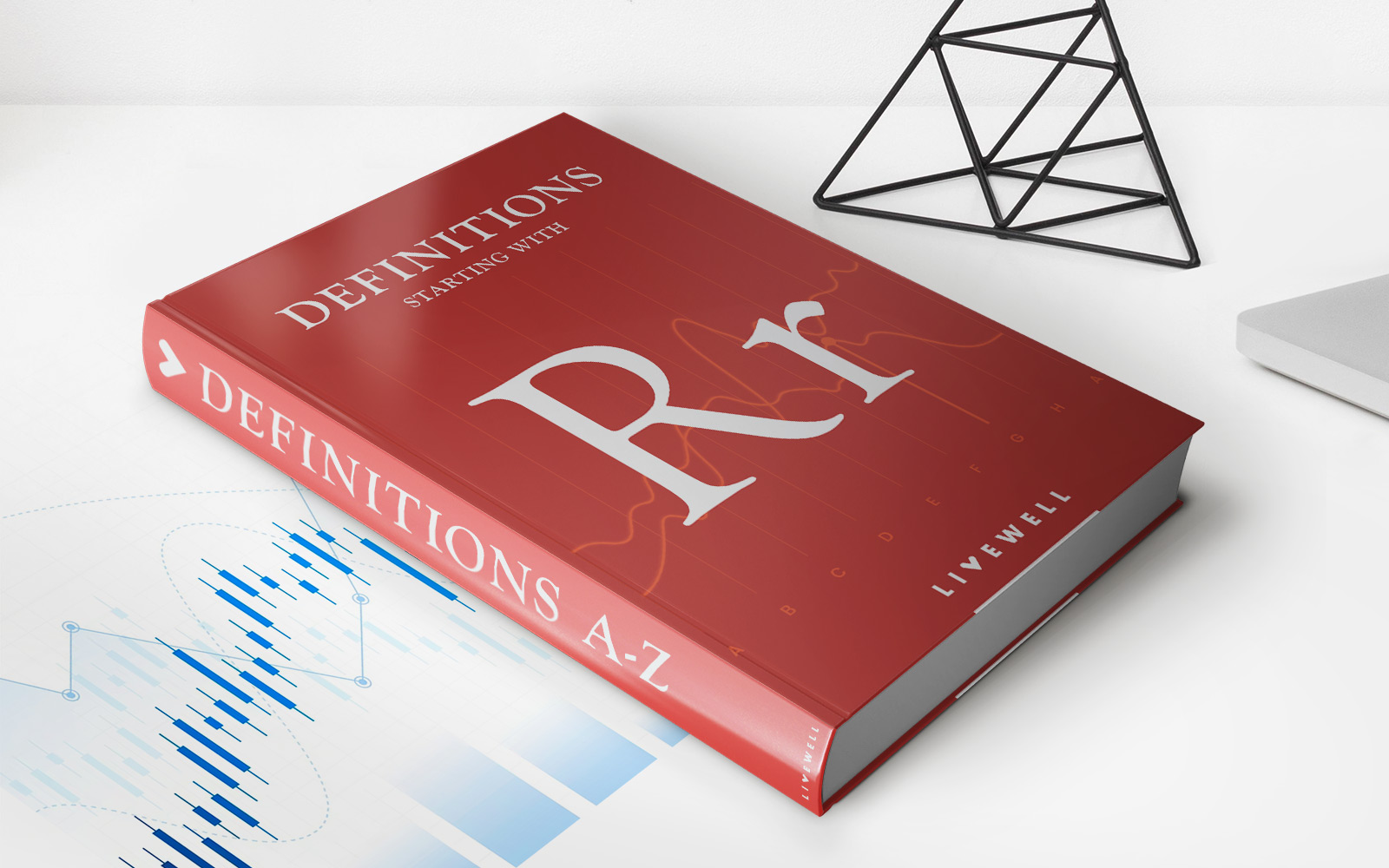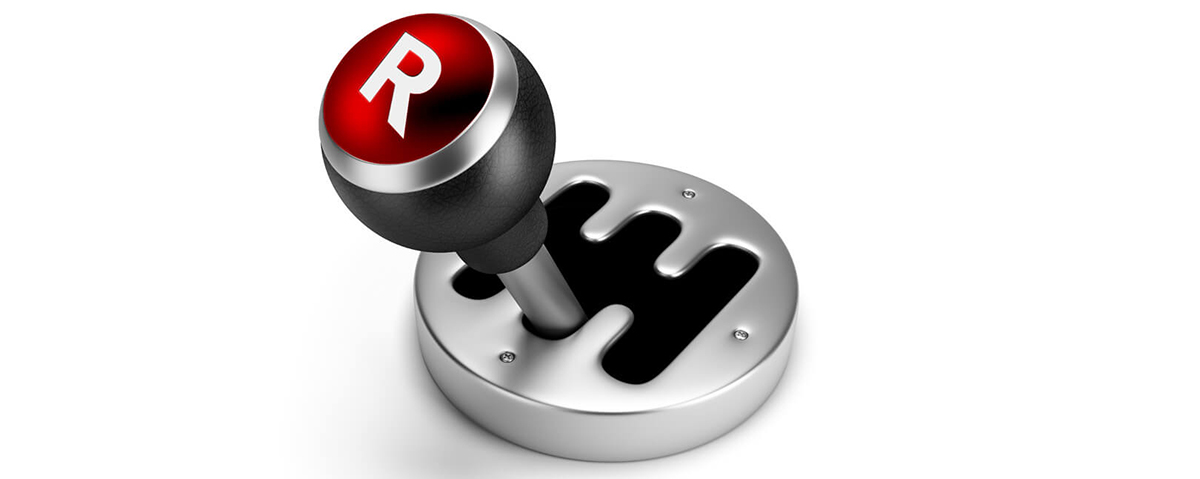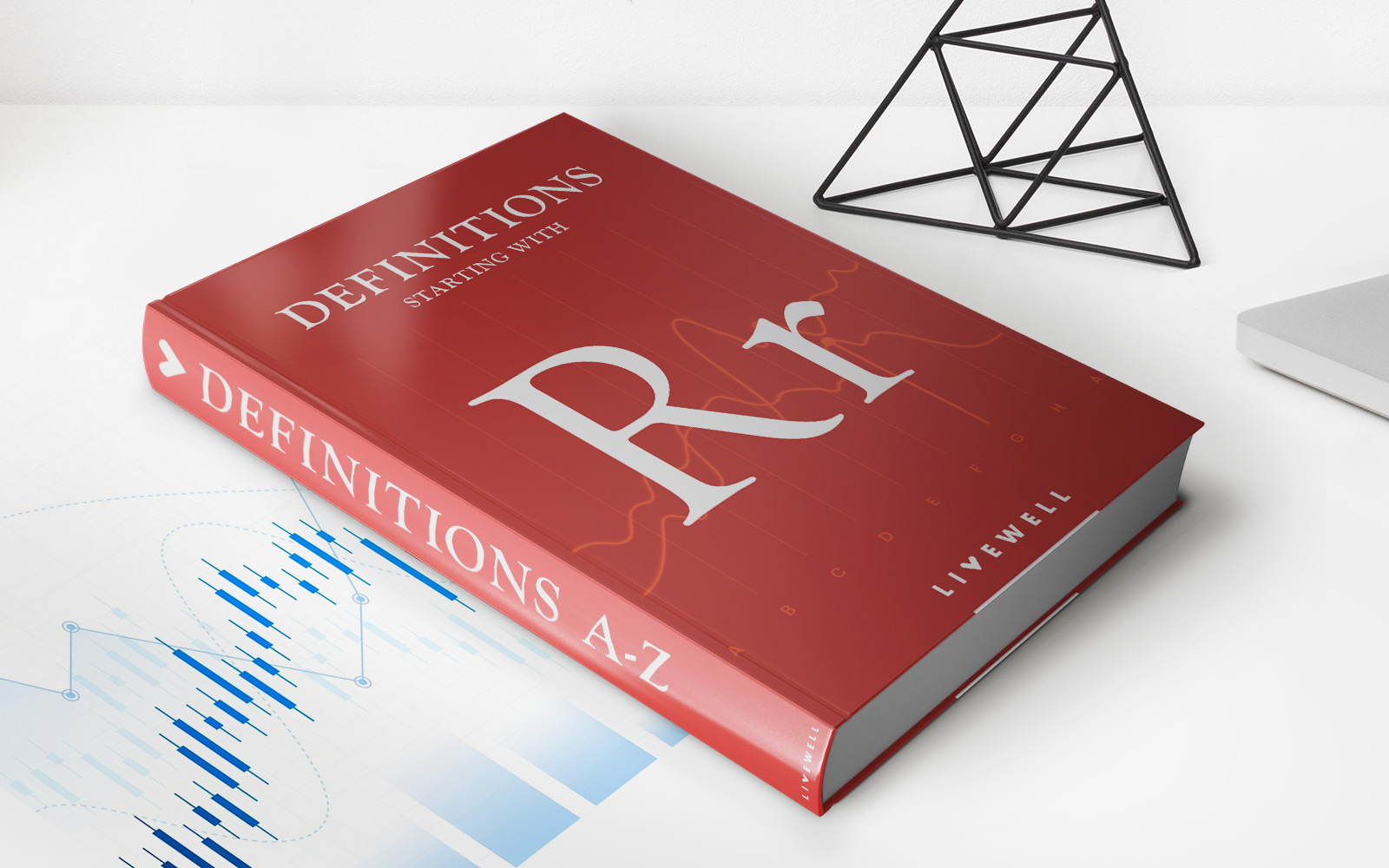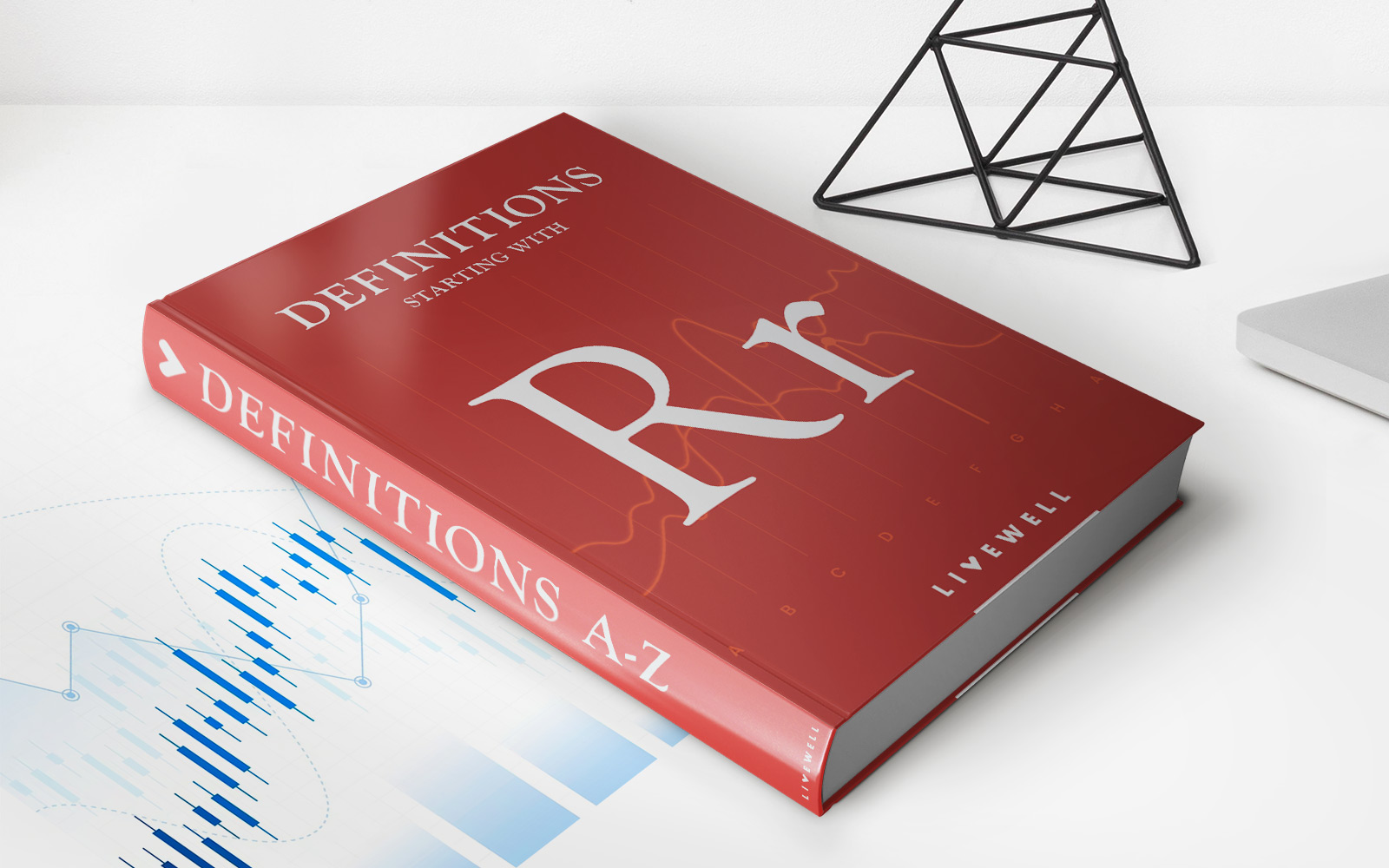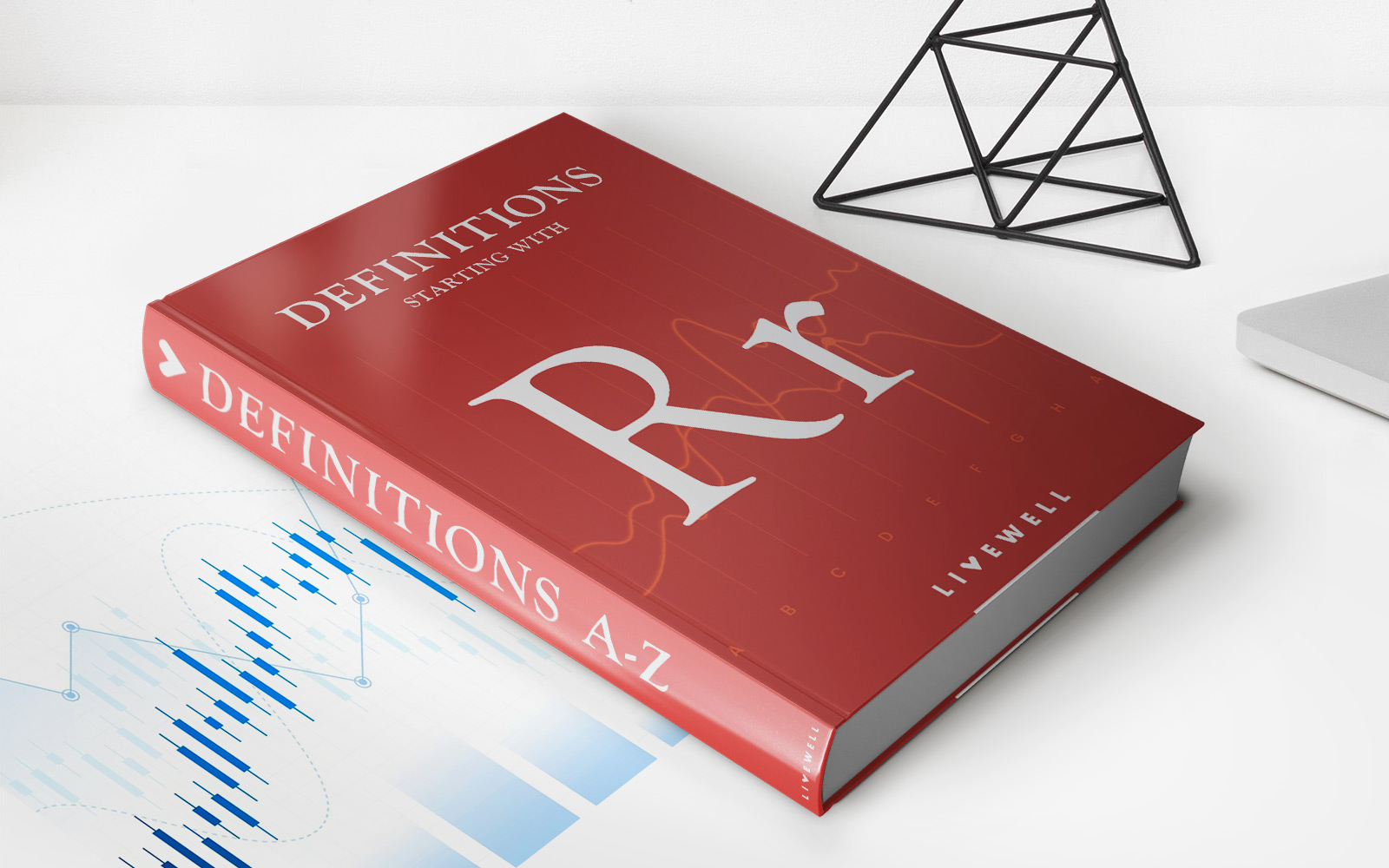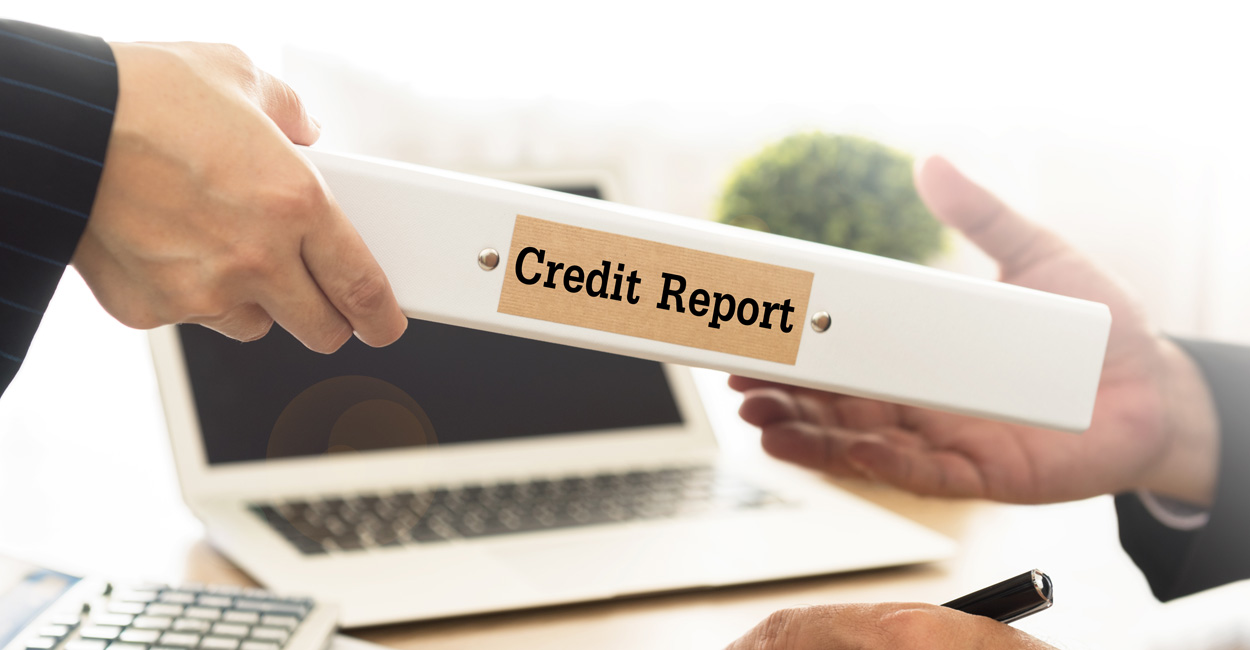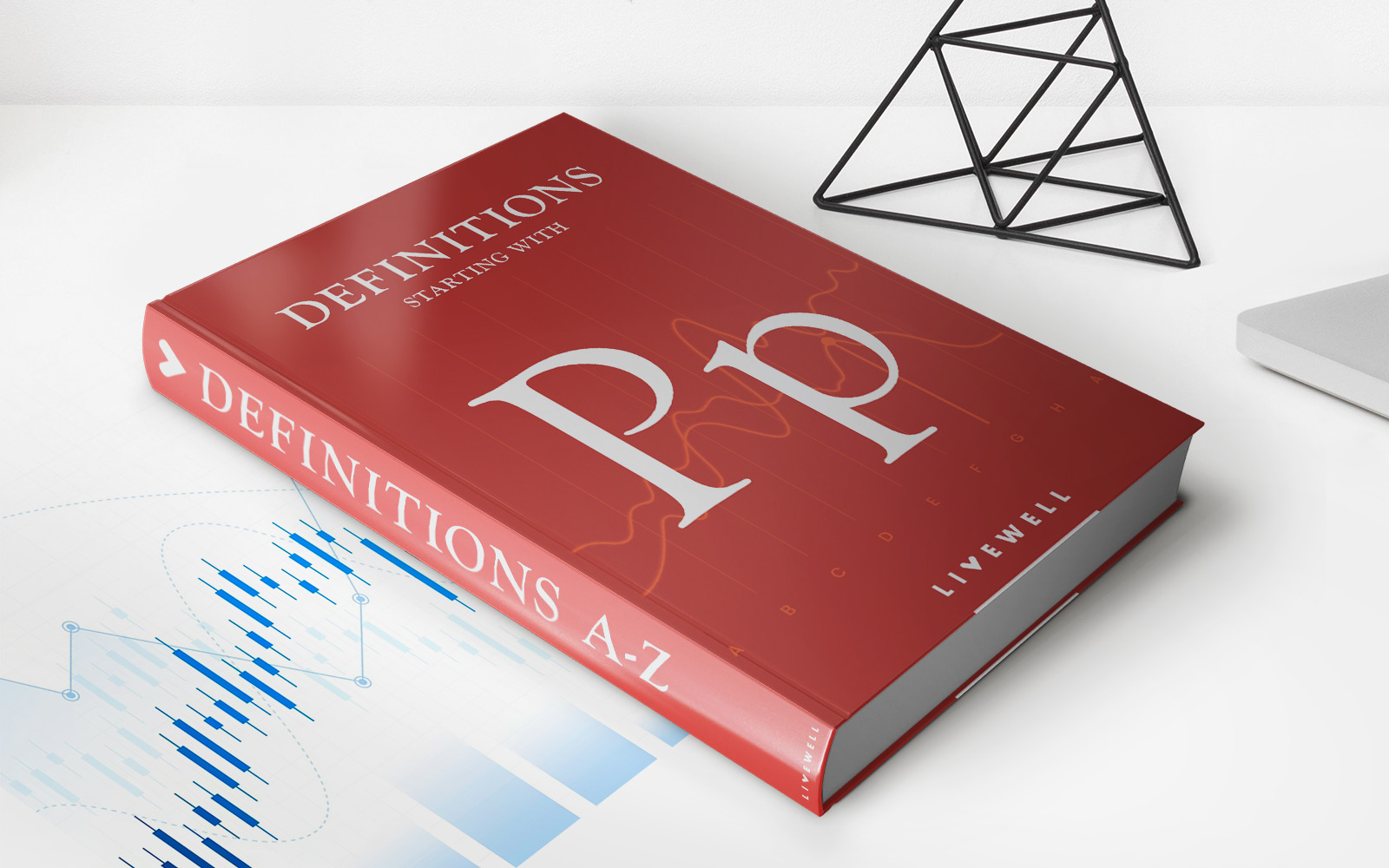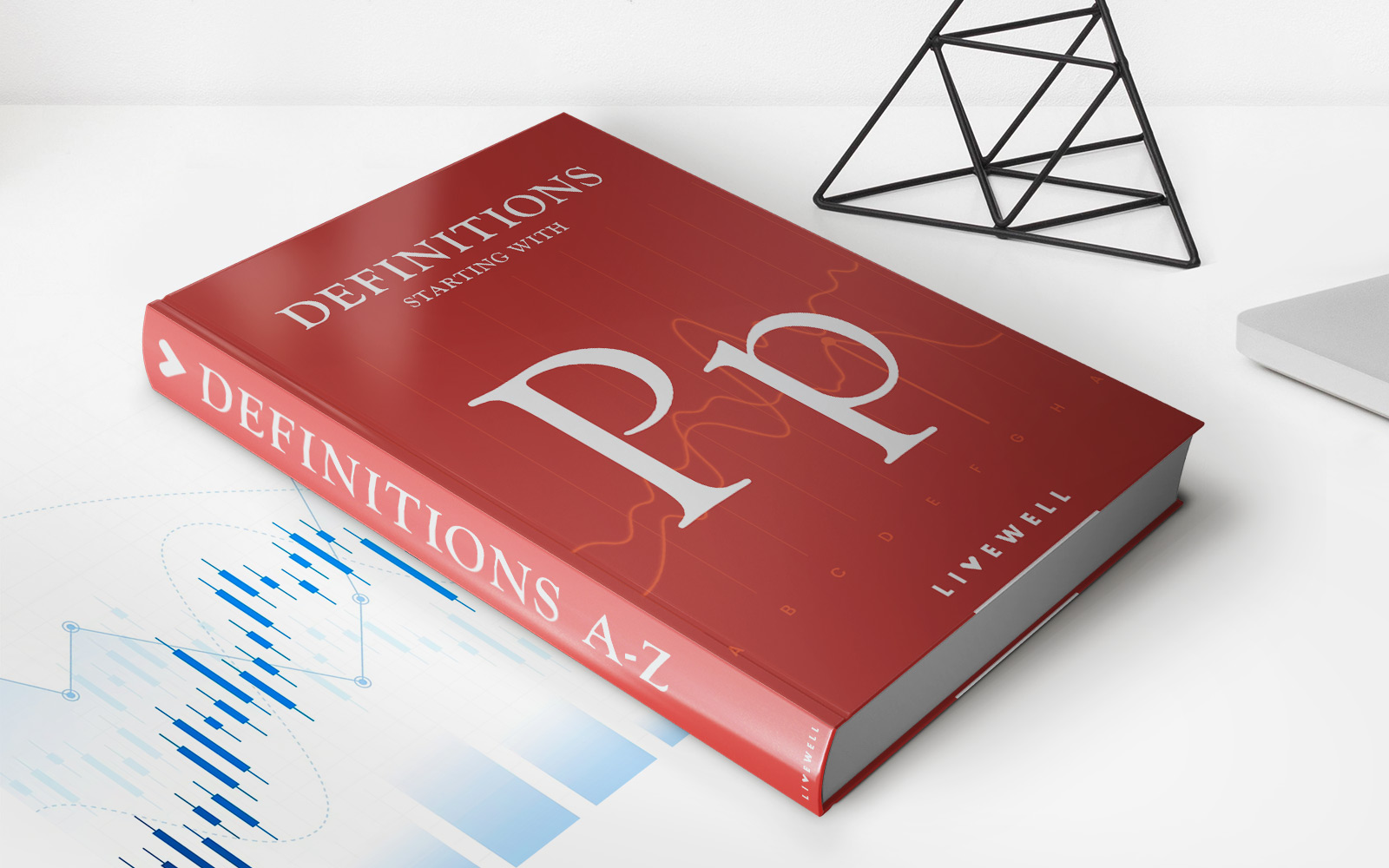

Finance
Proprietary Reverse Mortgage Definition
Published: January 13, 2024
Learn the definition of a proprietary reverse mortgage in the world of finance. Discover how this financial product can provide seniors with additional income and financial security.
(Many of the links in this article redirect to a specific reviewed product. Your purchase of these products through affiliate links helps to generate commission for LiveWell, at no extra cost. Learn more)
Proprietary Reverse Mortgage Definition: Understanding the Future of Retirement Financing
Welcome to our Finance blog, where we delve into topics that can help you make informed decisions about your personal finances. In this post, we will explore the intriguing world of proprietary reverse mortgages and shed light on their definition, benefits, and potential impacts on your retirement funds.
Key Takeaways:
- Proprietary reverse mortgages are private loans offered by financial institutions and allow homeowners to convert a portion of their home equity into cash.
- These loans are not insured or regulated by the Federal Housing Administration (FHA) like the more common Home Equity Conversion Mortgages (HECMs).
Now, let’s dive into a comprehensive understanding of proprietary reverse mortgages and how they can provide financial stability during your retirement years.
What is a Proprietary Reverse Mortgage?
A proprietary reverse mortgage, also known as a jumbo reverse mortgage, is a loan product offered by private financial institutions. It aims to provide homeowners the opportunity to access a portion of their home equity without selling their property or making monthly mortgage payments.
How do Proprietary Reverse Mortgages differ from HECMs?
Unlike Home Equity Conversion Mortgages (HECMs), which are government-insured and strictly regulated by the Federal Housing Administration (FHA), proprietary reverse mortgages have neither insurance nor any governmental regulations. They are private loans offered by lenders who assume the risks associated with the loans.
Benefits of Proprietary Reverse Mortgages:
- Higher Loan Limits: While HECMs have a maximum loan limit set by the FHA, proprietary reverse mortgages offer higher loan limits, allowing homeowners with substantial home equity to access more funds.
- No Mortgage Insurance Premiums: Since proprietary reverse mortgages are not government-insured, borrowers are not required to pay mortgage insurance premiums, resulting in potential cost savings.
- Flexibility: Proprietary reverse mortgages offer more flexible guidelines compared to HECMs, allowing borrowers with higher home values and non-FHA eligible properties to access their home equity.
- Customized Loan Structures: These mortgages provide lenders the freedom to design loan structures tailored to borrowers’ specific financial needs and circumstances, offering unique solutions.
Considerations with Proprietary Reverse Mortgages:
Although proprietary reverse mortgages offer advantages for homeowners seeking additional retirement funds, it’s crucial to consider the following factors:
- Interest Rates and Fees: Proprietary reverse mortgages may have higher interest rates and closing costs compared to HECMs, potentially impacting the long-term costs of the loan.
- Eligibility Criteria: Lenders may impose stricter eligibility standards, including minimum credit scores, higher home value requirements, and limited loan-to-value ratios.
- Loan Repayment: Like all reverse mortgages, proprietary reverse mortgages require repayment when the borrower sells the property, moves out, or passes away. It’s essential to understand the repayment terms and potential implications.
In conclusion, proprietary reverse mortgages offer homeowners an alternative way to tap into their home equity and provide financial stability during retirement. Understanding the differences between proprietary reverse mortgages and HECMs, along with considering the associated benefits and considerations, is crucial in making informed decisions.
If you are considering a proprietary reverse mortgage, consult with a reputable financial advisor or reverse mortgage specialist who can guide you through the process and help you evaluate the best options for your individual circumstances.
Thank you for reading our blog post on the definition of proprietary reverse mortgages. Stay tuned for more informative articles on various finance topics to empower your financial decision-making process.


